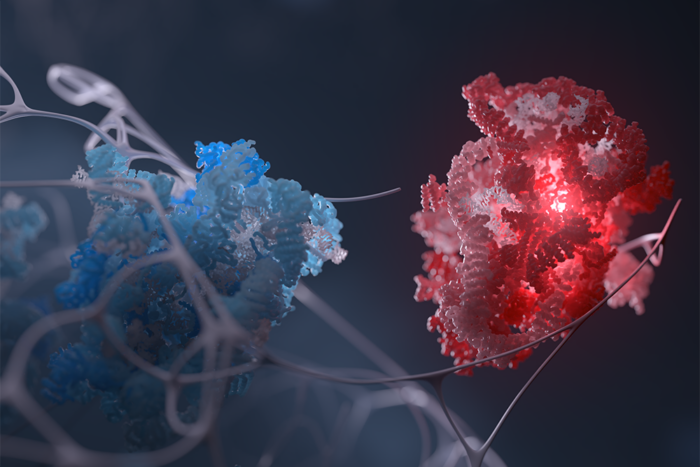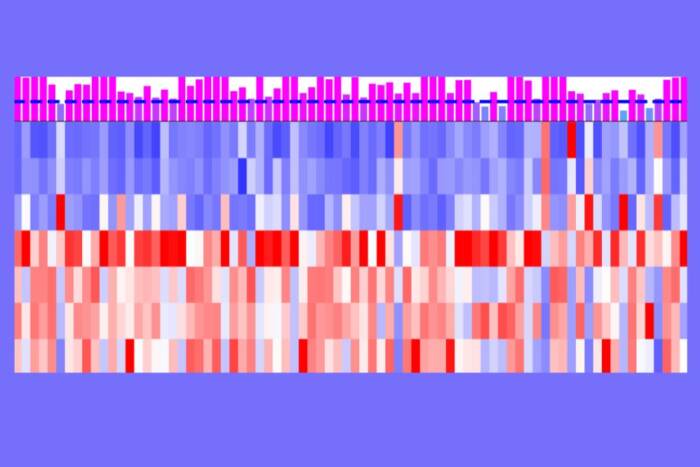Reversing sugar's effect on the brain
The estimated 1 million people in the United States with type 1 diabetes know that uncontrolled high blood sugar can attack the body’s organs. New research from Rockefeller University’s Bruce McEwen and colleagues at the University of South Carolina shows that the brain is one target of the disease, and that diabetes’ effects on it may be reversible.
The brain’s memory center, called the hippocampus, is specifically sensitive to high blood levels of sugar, which occur when diabetes goes unchecked, and also sensitive to glucocorticoids, chemicals that are released during stress and are also found at higher levels in diabetics. McEwen and colleagues wanted to understand what happens at the cellular level when sugar and glucocorticoid levels are high.
Using an animal model of type 1 diabetes and also a model in which glucocorticoids are chronically elevated, the researchers looked at how three gene products in hippocampal neurons changed when sugar or glucocorticoid levels were raised. These proteins are important for the function of synapses, the connections between neurons. When these connections are formed or are strengthened, it helps reinforce memory; when they weaken, memory problems may occur.
The changes McEwen and colleagues saw in one protein, synaptophysin, which is important for synapse function, indicates that not only have the connections between neurons in the hippocampus been reorganized, but the reorganization is more extensive than scientists previously thought. These alterations may explain why complications of diabetes and also the effects of high levels of glucocorticoids often include problems with memory and other cognitive impairments.
The results show, however, that, in spite the alterations in brain circuits, there was little damage to the neurons themselves; meaning that if the right measures are taken, the changes may be reversible.
“Structural remodeling of circuits in the hippocampus is associated with many disorders, including type 1 diabetes, posttraumatic stress disorder, Cushing’s disease and major depressive illness,” says McEwen, head of the Harold and Margaret Milliken Hatch Laboratory of Endocrinology and the Alfred E. Mirsky Professor. “This paper represents a first step into investigating synaptic reorganization in the hippocampus in diabetes and after elevated levels of glucocorticoids and it will help us better understand changes in the other disorders.”
Neuroscience 136(2): 477-486 (2005)(opens in new window)


